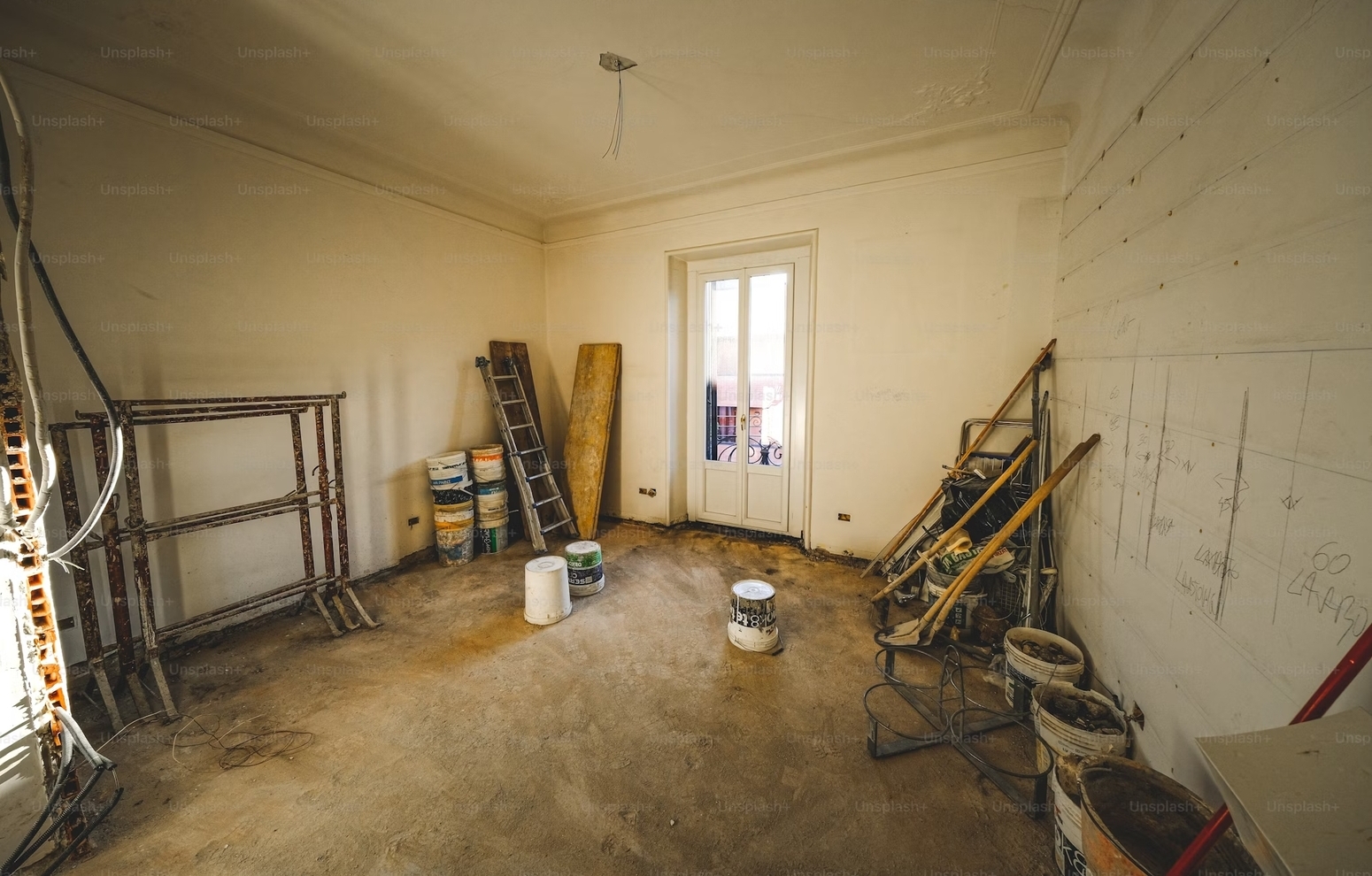The purchase of prestigious properties represents a safe and profitable long-term investment. This type of property presents very peculiar characteristics that make it particularly recognizable; among the various, the uniqueness of the property shines clearly in terms of location, historical-artistic value, enviroment, architectural character/personality and – latest trend – energy efficiency.
The attention to detail of both internal and external spaces represents the distinctive feature inspired by fine-living concepts allowing its full enjoyment. These peculiarities make these properties particularly desirable to the point of some being considered icons of beauty and synonyms of social achievements.
On the other hand, this category is often associated with the generosity of its spaces, a circumstance that represents itself the high attitude of the property to be rethought over time and suitable for technological changings and trends; therefore this flexibility allows to have a structure that is always potentially updated with times and usable for various initiatives, crucial aspects when it comes to converting the asset.
Given the high market prices, this type of property will be “exchanged” between wealthy purchasers who, due to their business culture and personal inclination when buying, will prefer to own such type of object rather than not adding it to their collection for purely speculative reasons: which translated into economic terms means placing the property in a market niche (called for instance luxury real estate) crowded of buyers with high financial resources determined to complete transactions that give stability and prestige to their assets.
All this makes this specific market particularly stable even during economic crises; in periods of economic prosperity instead, these Objects would register a higher growth in values compared to the other market segments.
Conclusion: if possible, it is defenetly worth buying a luxury property to keep your wealth safe, stable and with high growth prospective.
Investing in unique properties in Italy with an excellent return: Legal issues
Alessandro Clemente − Italian solicitor specialized in international property law and founder at Clemente Law Firm − claims that when buying a home in Italy, but especially one of these unique housing solutions, the help of an English speaking lawyer from the very beginning is crucial to avoid unpleasant surprises. As a matter of fact the process can “hide” some more legal pitfalls than usual.Historic homes, trulli and masserie, but also off plan ultra modern houses and agriturismi. Now that Italy is reopening you’ll be able to come very soon and find one of these typical Italian retreats that is just perfect for you. These properties, although very different from one another, are very popular amongst worldwide investors dreaming of owning their perfect home in Italy, even in this particular moment. Why? Because they perfectly combine the following elements: fine living, high architectural, value very competite prices which are at a historic low excellent yield investment Trulli and Masserie− mainly in Puglia
- There are specific regional laws − which can vary year after year − on the extension of the property, like the Piano Casa 2020, that will allow you to expand the original volume up to 45%.
- There are regional restrictions and precise bureaucratic procedures to follow on their renovation or improvement.
- Pay attention to the prelazione agraria on the land included in the sale of the property.
Agriturismi − mainly in Tuscany, Umbria and Marche
- You could benefit from tax relieves in case of renovation or to turn the property into a business activity.
- When you buy an agriturismo, you’re also buying the business activity (cessione di azienda) with all its fiscal implications.
- Pay attention to the prelazione agraria on the land included in the sale of the property.
Ultra modern apartments − particularly appealing in Milan and in the lake areas of Northern Italy
- You should remember that as off-plan properties they follow a special legislation (Decree no. 122/2005 and 14/2019).
Historic properties − almost everywhere in Italy
- Remember that there are special local restrictions when renovating farmhouses and listed buildings, this is beacause they are protected by Belle Arti regulations to preserve their original features and materials.
- If a property, declared having historical and cultural merit, is going to be conveyed, the vendor must notify the Italian Ministry of Cultural Heritage and Activities that can exercise the pre-emption right within 60 days from the date of receiving said notice.
Clemente Law Firm is an English-speaking law firm representing the ideal one-stop shop solution when it comes to buy or sell real estate in Italy. Many non-Italian buyers have already chosen Clemente Law Firm, the Italian real estate law firm offering independent legal services with a specific focus for cross-border residential and commercial property transactions.
Recent News & Events
Fines of up to 5 thousand euros for private individuals with illegal workers News regarding the adequacy of manpower for construction work. After the restrictions introduced in 2021 and the further provisions of the PNRR Law, the “Cohesion Decree” (Decreto Coesione) has now provided for a crackdown regarding the [...]
Digital nomadism reinvents the concept of work and life on the move After years of waiting, Italy has finally approved a DN VISA. DN: Definition and Legalities Digital nomadism in Italy is regulated by the Decree n. 25 – February 28th, 2024 -also known as Decreto Sostegni-ter. The Decree [...]
2024 TAX LAW FOR IMPATRIATES: NEW RULES Still a great opportunity for those who want to buy home in Italy in 2024 The Decree no. 209/2023 recently adopted by the Italian Parliament has introducedsignificant updates to the “impatriated tax regime”, which deeply modifies the criteria for accessing tax breaks [...]
Based on the provisions of the 2024 Budget Law, in the case of properties other than the main residence and not acquired by inheritance - and on which 110% Superbonusinterventions have been carried out - the capital gain tax (deriving from their sale) will apply for 10 years. [...]





